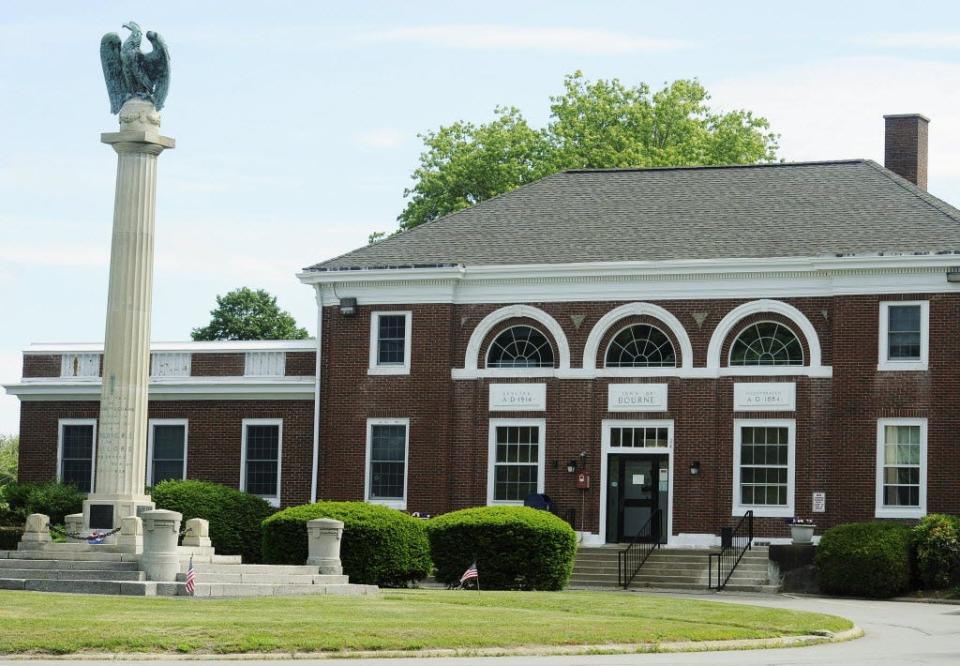Phinneys Harbor anticipated to be first focus of new septic systems reviews next year
BOURNE – Property-by-property septic inspections — necessary because of tighter Title 5 regulations pending in January, will start in Phinneys Harbor at Monument Beach, one of the areas where nitrogen is choking the life out of nearby water.
Board of Health Chair Stanley Andrews said Wednesday draft regulations from the Mass. Department of Environmental Protection were recently discussed with town health inspectors to help prepare them for what will likely become their core of business.
Nitrogen pollution leads to algae buildup, robbing the water of oxygen. As a result, native plant life like eelgrass dies and fish and shellfish go elsewhere.
More: Septic system rules could change in early 2023, Bourne health board said
Health Agent Terri Guarino has said her office is prepared to collaborate with other Bourne authorities, notably Town Administrator Marlene McCollem, the Select Board and municipal planning staff when it comes to undertaking septic inspections.

The second Bourne nitrogen-impaired watershed is Squeteague/Megansett Harbor on the Cataumet/North Falmouth line. But Andrews said the focus on improving water quality will start with Phinneys Harbor and will include Back River up to County Road and Eel Pond off Shore Road. He said there is no timeframe yet for the work, adding that DEP regulations are still in draft form.
Inspections will identify septic upgrades needed
The overall idea, he said, is to determine where septic systems need to be upgraded from the aging but conventional variety to the still-in-testing innovative and alternative waste systems with old cesspools at seasonal properties, relying on tidal flushing, being closed off.
Andrews said it is unlikely that any widescale addition of sewers in the area will be done in the next five years.
More: Ahead of buying Maurice's Campground, Wellfleet ponders how to deal with 35 cesspools
Guarino said her office will provide the community with comments about the DEP draft regulations. She agrees with Andrews that “likely the first area we’ll have to move forward on” is Phinneys Harbor.
Andrews stresses that old seasonal homes passed down through the generations have relied on cesspools. There were never any septic inspections by the town.
Some homes escaped inspection for many years
Now, he said, many homes have been sold outside the families and this prompted property reviews and recommendations that new-technology septic systems be installed. That in turn, he said, has caused consternation about cost.
The Bourne Wastewater Advisory Committee, meanwhile, has reviewed watershed impairments documented by Environmental Partners, the town’s wastewater consultant. Members have rated community acceptance factors for ultimate septic changes.
A new backyard reality thus emerges in the wider effort, including a lawsuit to restore water quality across the Cape with its threatened ecosystems. This is often made complicated by increased shoreline homebuilding, septic systems placed closer to wetlands and coastal banks, more boating in nitrogen-impaired areas and fertilized lawns in older cottage colonies being seasonally and customarily commonplace.
This article originally appeared on Cape Cod Times: Phinneys Harbor first to need septic system reviews with new law

